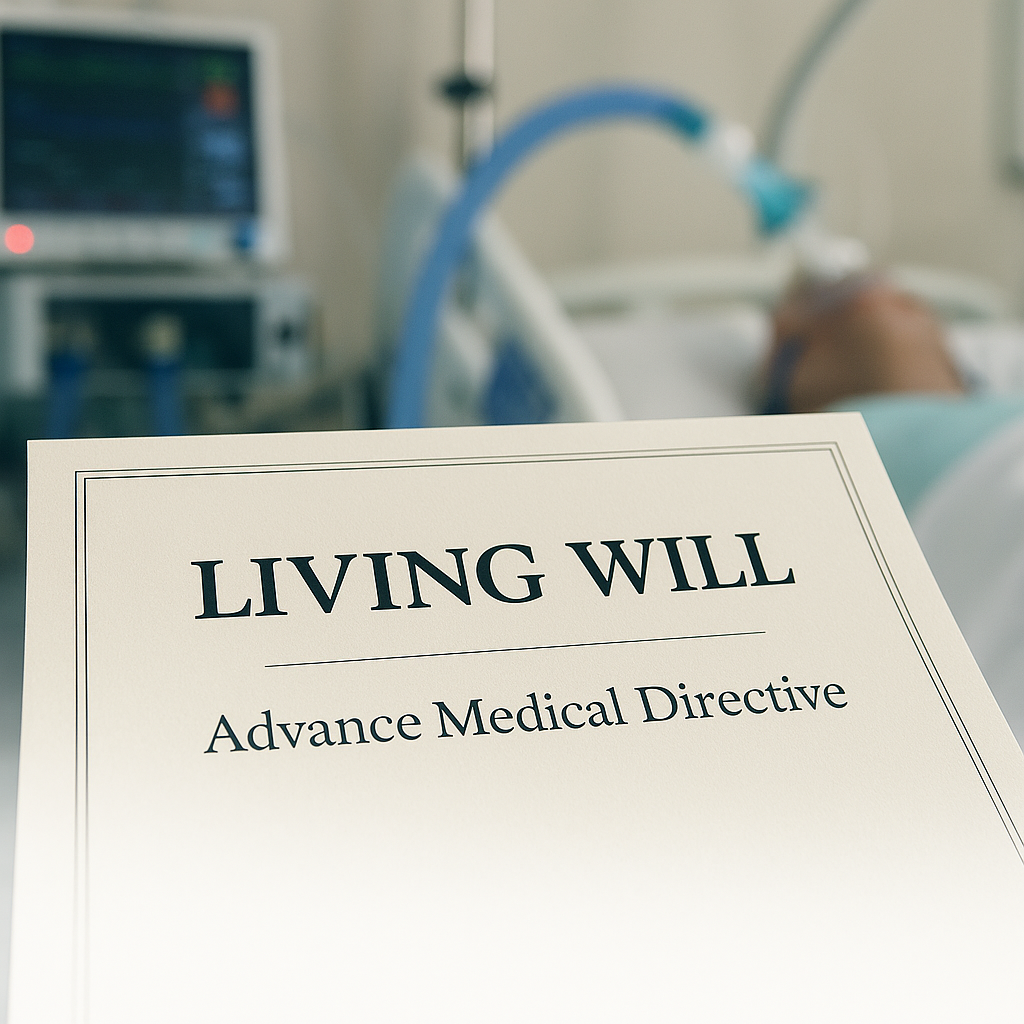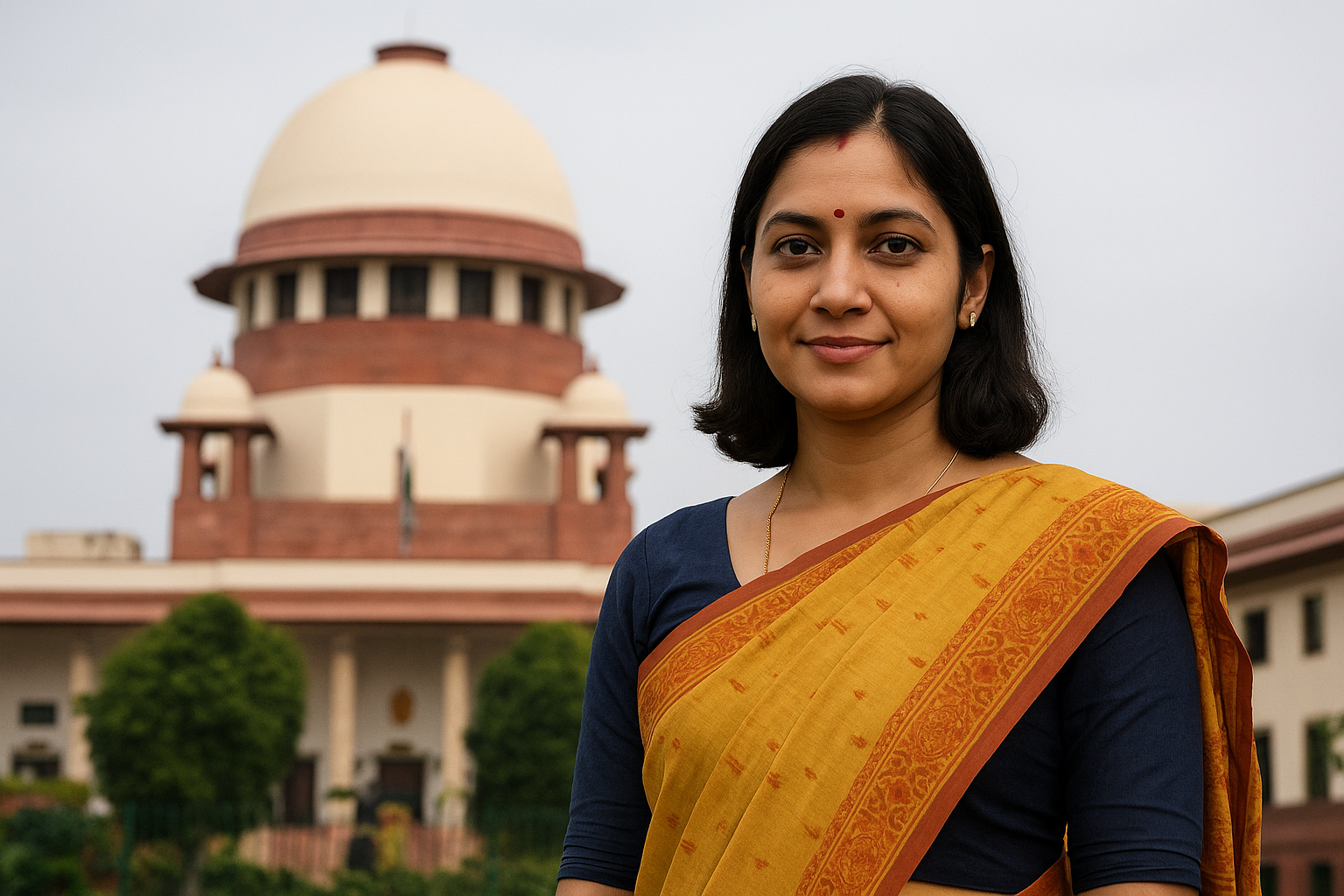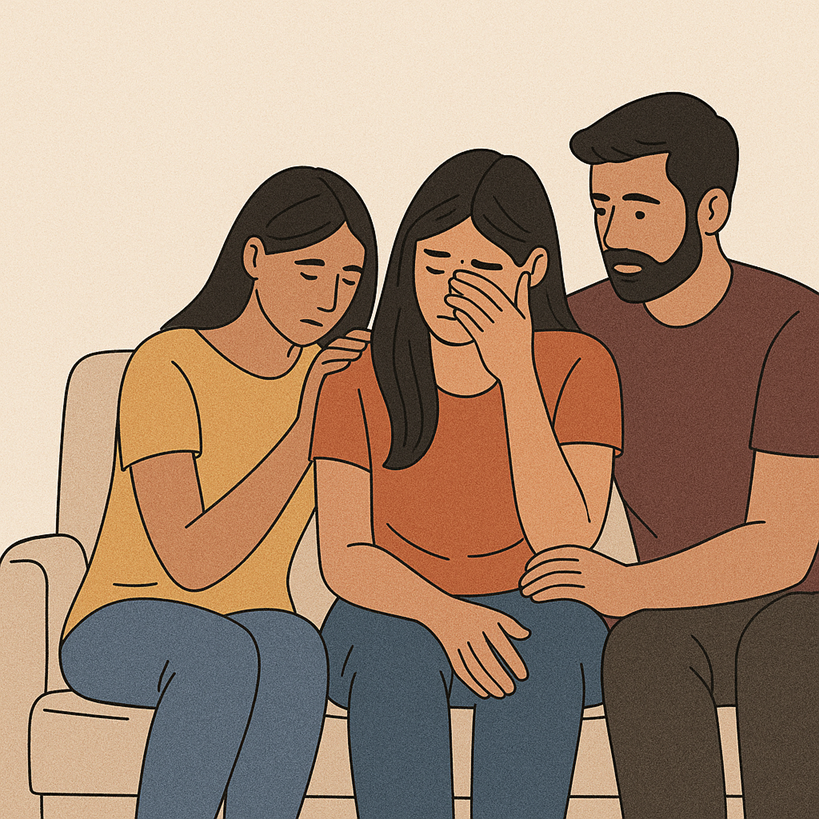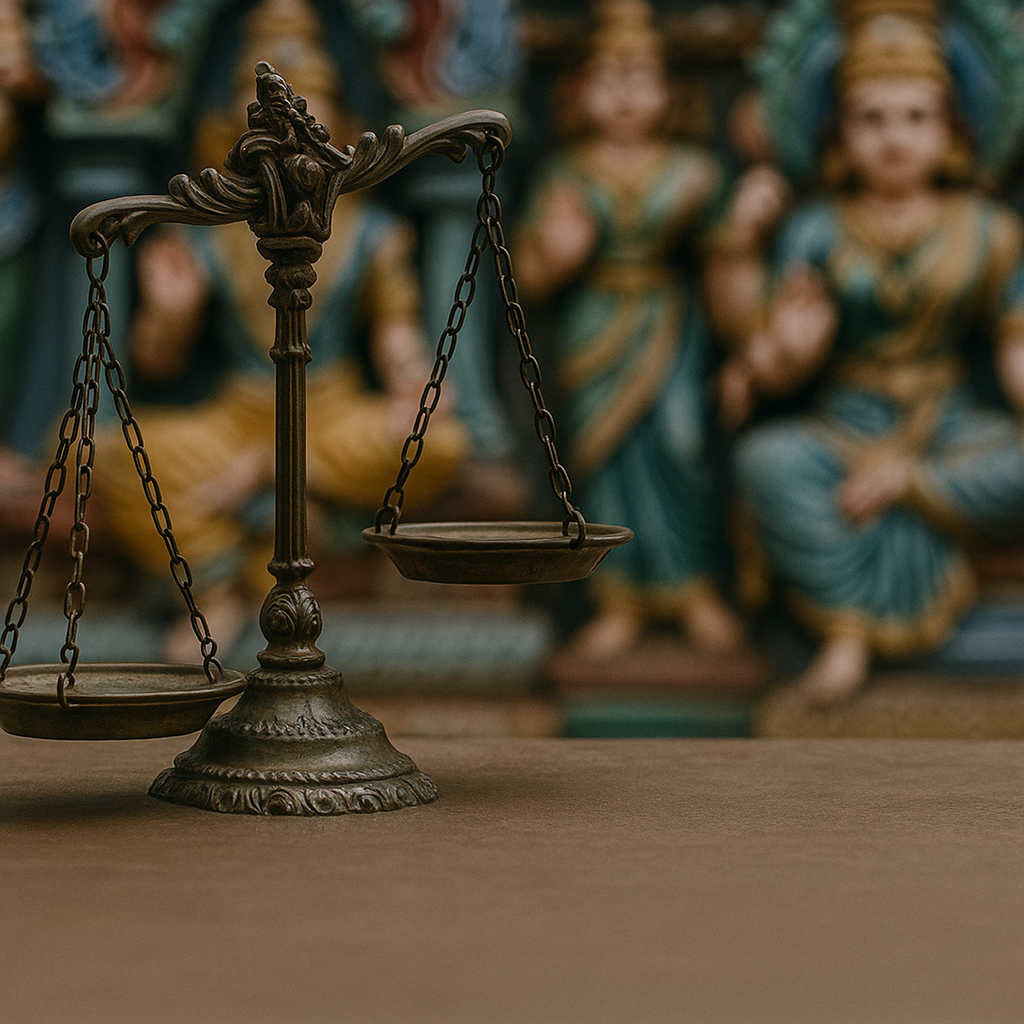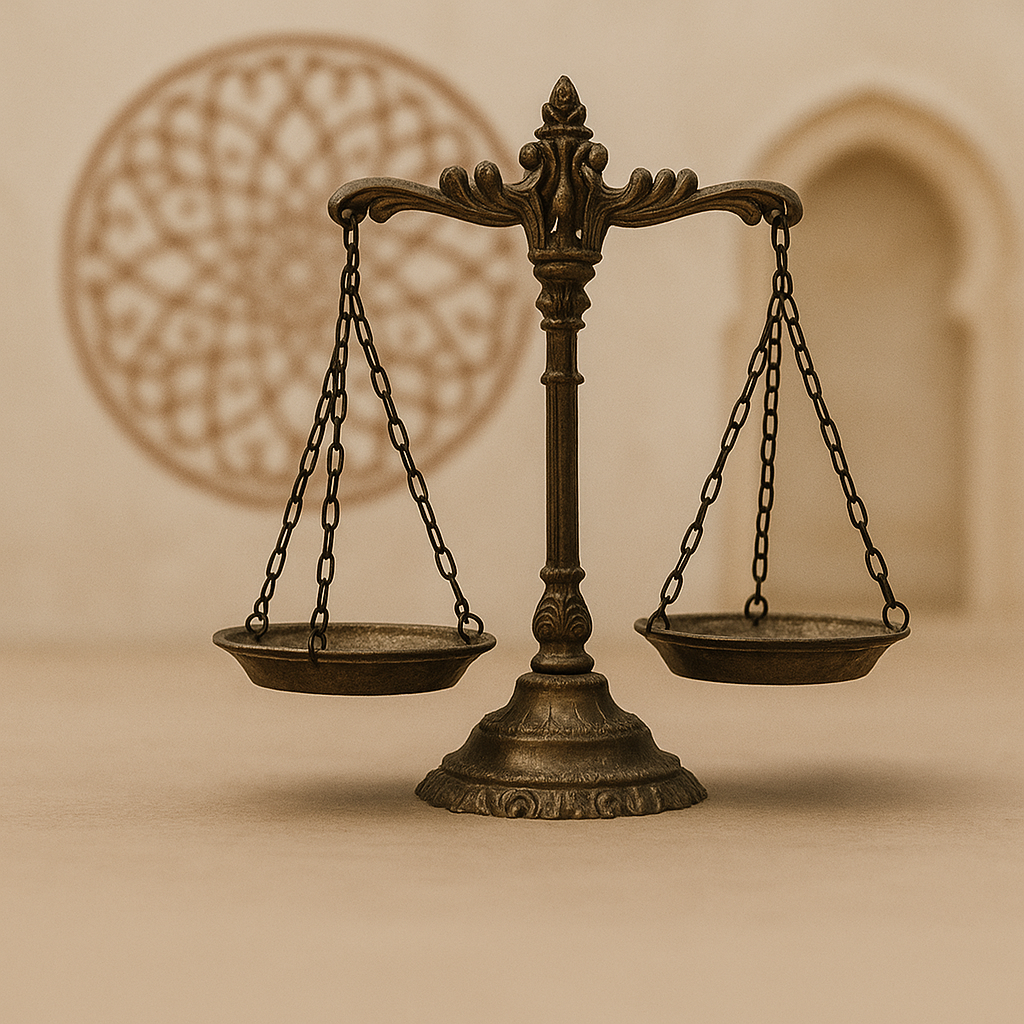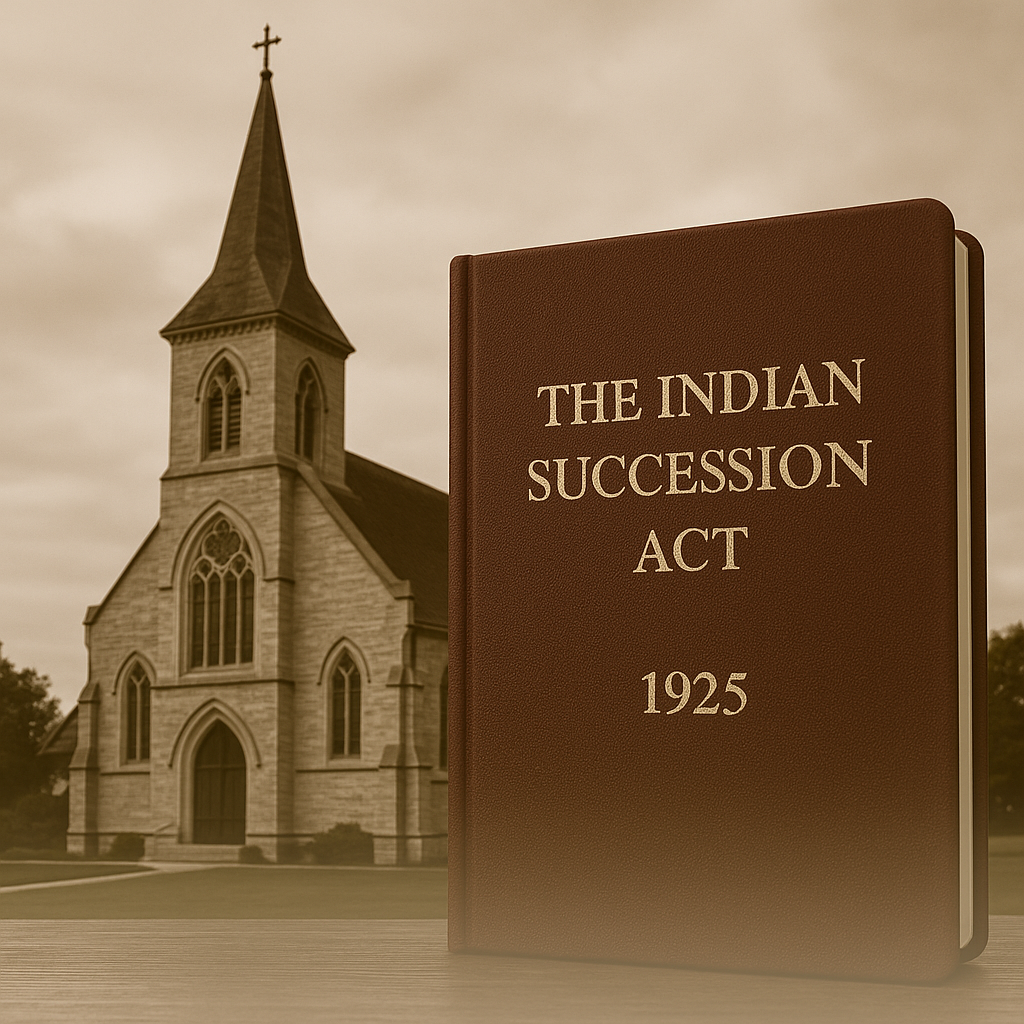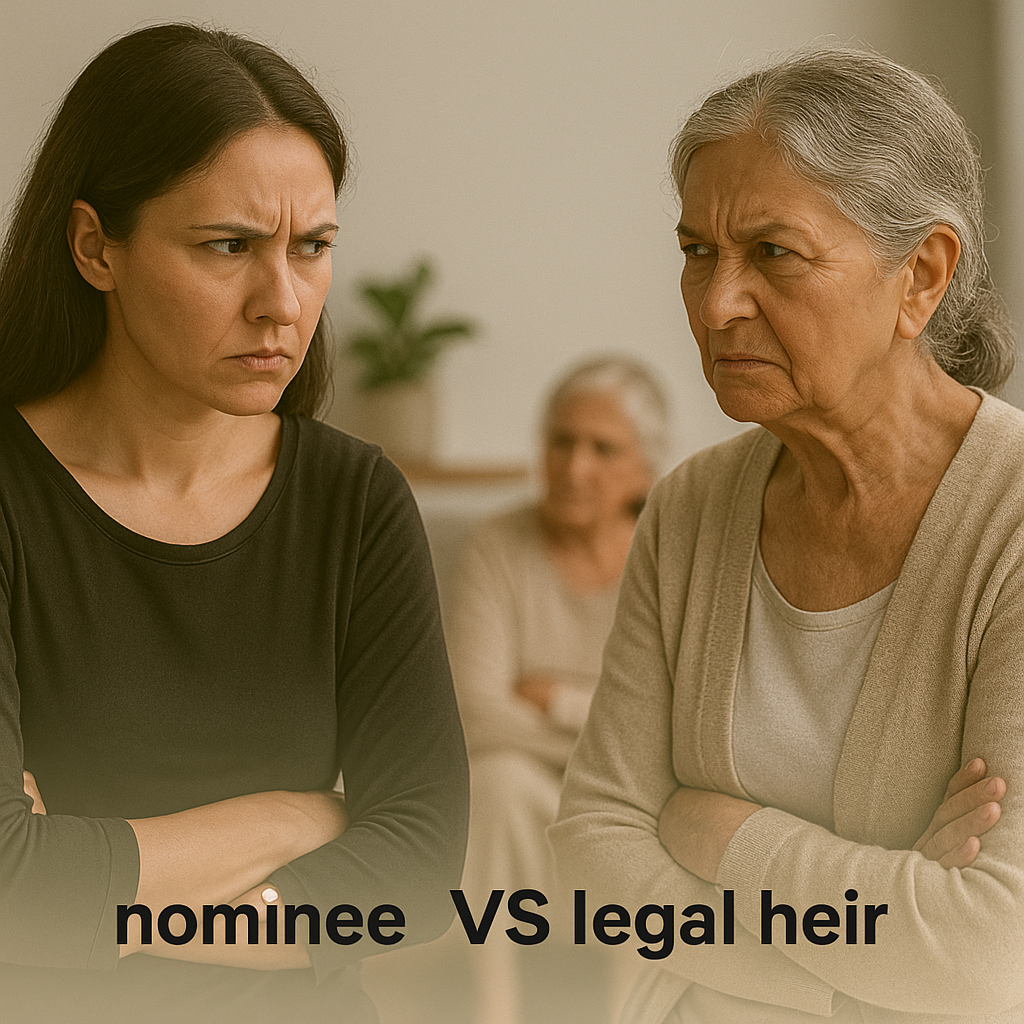Understanding Living Wills in India
Imagine being unable to communicate your wishes regarding medical treatment when you're terminally ill or in a coma. A Living Will, also known as an Advance Medical Directive, ensures your voice is heard even when you can't speak for yourself. In this article, we'll answer the most frequently asked questions about Living Wills in India.
What is a Living Will?
A Living Will is a written legal document
in which a person (called the executor) expresses their wishes
regarding the medical treatment to be administered or withheld if they become incapacitated, terminally ill, permanently unconscious, or otherwise incapable of
communicating decisions. It primarily deals with the refusal of artificial life
support systems and extraordinary medical interventions. It's a way to assert
your autonomy and dignity in end-of-life care.
A Living Will operates while the person is alive but incapacitated, whereas a Last Will and Testament takes effect after the person’s death and deals with the distribution of property and assets.
Once a valid Living Will is in place and all procedural safeguards are met, family members or next of kin cannot override it. However, they may be consulted for clarity or to verify identity, if needed. Upon the patient being in a terminal or vegetative state, the treating physician must constitute a Medical Board, which must verify the condition. A second Medical Board at the district level is also constituted for review. Once both boards concur, the JMFC is approached for permission to withdraw life support.
Is a Living Will legally valid in India?
Yes, Living Wills are recognized in India following the Supreme Court judgment in Common Cause vs. Union of India (2018). This landmark case established the right to die with dignity as a fundamental right under Article 21 of the Constitution. The Court also laid down detailed guidelines regarding the execution and implementation of a Living Will.
Any adult person who is of sound mind, free from coercion, and fully informed about the implications of such a directive can execute a Living Will. There are no caste, creed, gender, or religion-based restrictions. Only legally competent adults (above 18 years) can execute a Living Will. Minors cannot create such directives, nor can they be assigned to take end-of-life decisions. NRIs may execute a Living Will in India if they are physically present and can appear before the JMFC. Execution from abroad is legally complex due to authentication requirements and cross-border applicability.
The directive can incorporate personal and religious beliefs, provided it does not violate any existing law or public policy. The content must remain within the ethical and medical boundaries prescribed.
A valid Living Will must include:
• Full details of the person making it (name, age, address, ID proof)
• A clear and specific statement regarding the medical treatment to be withdrawn or withheld
• The circumstances under which such decisions should be acted upon (e.g., terminal illness, coma, permanent vegetative state)
• Details of a guardian or nominee who may give consent if needed
• Declaration of being in a sound state of mind
• Witness signatures (preferably two)
• Signature before a Judicial Magistrate First Class (JMFC)
A Living Will may include directives to refuse life-support measures, such as:
• Mechanical ventilation
• Cardiopulmonary resuscitation (CPR)
• Artificial nutrition and hydration
• Dialysis
• Prolonged ICU support
However, it cannot be used to request euthanasia or mercy killing, which is still illegal in India.
The Judicial Magistrate:
• Verifies identity and mental soundness
• Records the execution in official records
• Forwards a copy to the District Collector
• Ensures a copy is sent to the family physician (if any)
• Maintains a copy for future reference
As per the Supreme Court guidelines (2018 and revised in 2023), the Living Will must be executed before a Judicial Magistrate First Class (JMFC), who ensures its authenticity and keeps a copy for records. This process substitutes the need for separate registration under the Registration Act, 1908.
A Living Will can be revoked, canceled, or amended at any time by the person executing it, provided they are of sound mind and not under duress. Such revocation should ideally be made before the same JMFC who recorded the original directive.
Conclusion
In the absence of a Living Will, decisions on life support rest with the family, treating doctors, and possibly the judiciary, based on medical ethics and best interests of the patient. This may lead to ambiguity and conflict. Being based on a Supreme Court judgment, the recognition of Living Wills applies uniformly across India, overriding any state-specific practices or objections.
Most hospitals now have ethics committees and legal cells that are sensitized to Living Wills, especially in metro cities. However, actual implementation is cautious and only after medical and legal validations. Training across hospitals is still evolving.
What precautions should one take while drafting a Living Will?
• Consult a legal expert
• Be specific about treatment preferences
• Avoid vague terms like “I don’t want to suffer”
• Include a trustworthy nominee
• Execute in presence of witnesses and JMFC
• Inform family members and physicians
While digital drafting may be used, the final execution must be physical, including signing before a JMFC and witnesses. India currently does not permit fully digital Living Wills due to authentication and identity verification challenges. While there is no government-mandated format, the Supreme Court has provided a framework. Many legal practitioners and NGOs have also created model templates following the 2018 and 2023 guidelines. It is advisable to consult a legal expert before drafting one.
A Living Will is a powerful tool for asserting autonomy and dignity in end-of-life care. By understanding the legal framework and guidelines, you can make informed choices and ensure peace of mind for yourself and your loved ones.
Disclaimer: This content is for informational purposes only and should not be relied upon without consulting a legal expert.

